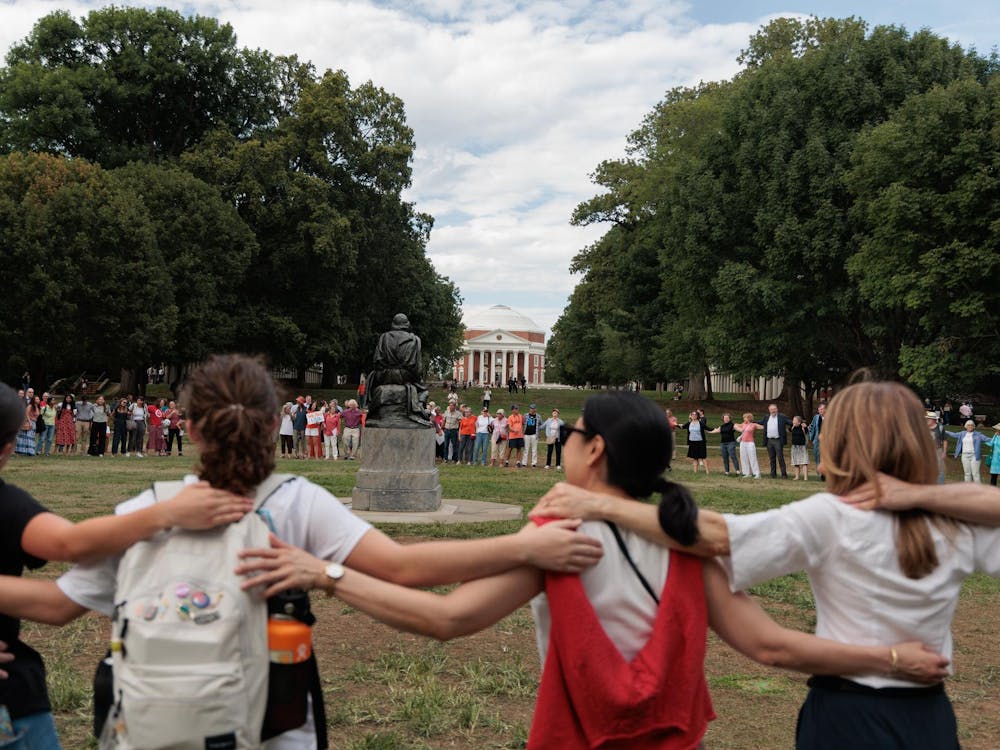Paul Hoffman, University professor of medicine and microbiology, will continue important research on microbial pathogens thanks to the assistance of a few multi-million dollar grants.
"I'm bringing in something like 7.5 million over the next few years in research grants," Hoffman said.
The figure represents a combined total for three separate research projects.
For one of his projects, Hoffman is receiving a grant issued by the National Institute of Allergy and Infectious Diseases. After a process of peer review, the NIAID selected Hoffman's proposal from among nearly 100 applications.
"This is the one everyone is getting excited about ... the other grants are more academic," Hoffman said.
Continuing research he began at Dalhousie University in Nova Scotia, Hoffman will use the grant to study the drug Nitazoxanide.
"We have the potential to design second-generation drugs to be more effective against other microbial pathogens and even cancer cells," Hoffman said.
Hoffman, who previously worked for the healthcare company GlaxoSmithKline, believes the drug could be a billion-dollar-a-year drug instead of the $100-million-drug that it is now.
"What he's trying to do is take [Nitazoxanide] and alter it to improve the activity against parasitic protazoan that can cause bad diarrhea," said Philip Coyne, program officer with the NIAID.
Hoffman's second project will be funded by a grant issued by the National Institute of Diabetes and Digestive and Kidney Diseases. Hoffman received the grant to study helicobacter pylori, stomach ulcer-causing bacteria that infects 1.2 to 1.5 billion people worldwide.
While rarely fatal, the bacteria is a risk factor for gastric cancer. Hoffman hopes to determine what attributes of the pathogen allow it live in the stomach, as all other forms are incapable of survival in the acidic environment.
The NIAID will also provide funding to go towards Hoffman's study of a bacteria responsible for Legionnaires' Disease, a potentially fatal form of pneumonia. The disease is spread to humans through aerosols like fountains and hot tubs.
"The organisms that are actually in the environment are biochemically different than those in the lab," Hoffman said. "We were given money to study why the ones in the environment are more infectious than those in the lab."
Assoc. Professor of Medicine Eric Houpt will share the grant from the NIAID, however, he was unavailable for comment.






